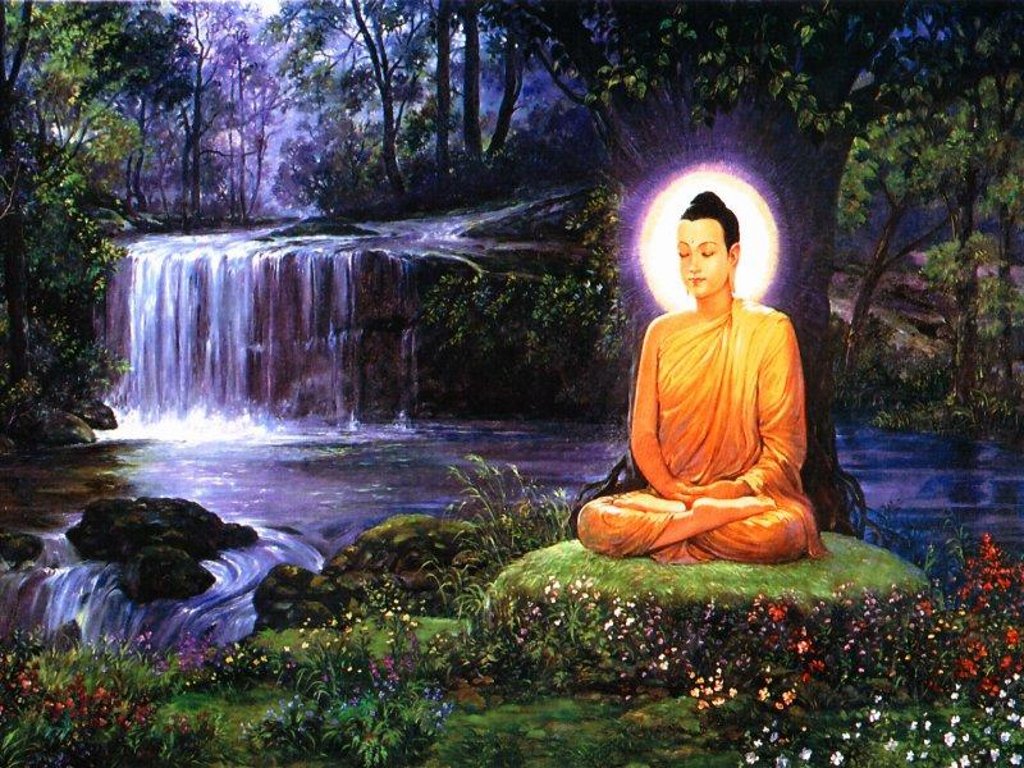Questioning and wanting to understand the reason for existence has been a motive for reflection, investigation, scientific probing, sleepless nights and praying for inspiration and guidance. Throughout the ages we have tried to resolve the enigma of existence.
 Understanding our environment and interactions with other beings has always been at the heart of anxious thought. We consider what has always been and dream of what will be. The historians, spiritualists and philosophers ask “why?”
Understanding our environment and interactions with other beings has always been at the heart of anxious thought. We consider what has always been and dream of what will be. The historians, spiritualists and philosophers ask “why?”
Trying to understand the “whys” of life, great philosophical schools have dedicated the totality of their everyday life grasping at the end of a ball of thread thinking that if they pull at it, at any moment they might encounter the extreme end.
The great serpent cultures that predominate history have taught us, “Do not look without for what you can find within.” An ancient temple contained the phrase “HOMO NOSCETE IPSUM,” meaning “Man, know thyself and you will know the Universe and the Gods.”
Finding and understanding what is within can take a lifetime or more. Plato said “The human body is like a carriage: the ego of man drives it; his thoughts are the reins and his sentiments are the horses.” Humanity, being so occupied with the world, daily tasks and materialism, has distanced itself from its spiritual part, its most real part.
Scientists have used the scientific method to encounter various important truths but this has come short of being able to explain the reason for existence or how the first thing that existed came to exist. Human reasoning then takes over to fill in the gaps but both our senses and reasoning ability can only take us so far. Our physical senses are limited and conditioned by our interpretation. Two people look at the same painting and one finds beauty while the other sees garbage. Old sayings remind us not to believe everything we see and that “all that glitters is not gold.”
Religious leaders across faiths have passed down chains of beliefs. When the hard questions are asked, people often hear that “there is a reason for everything” or that “God understands it all.” Maybe so, but then what is the reason for each and every culture having these questions about their existence? What is the reason behind the desire to know the truth if not to seek it passionately?
Haughty human reasoning and religious righteousness are extremes but ultimately science and religion are two sides of the same coin; both touch the truth. The truth is in the middle, in the balance, on the “narrow road,” in the “deep within.”
One tool used throughout the ages to seek the truth is the use of the “consciousness,” or the “interior voice.” This method involves subtracting the importance of all things that distract or cover the consciousness, such as egotism, vanities, complexes and defects…those things which darken the light that shines within us all and leads us north along windy paths, ups and downs, whys and hows.
The energy we have inside that guides us has been called by many names. Whatever you call it, guard it, care for it, help it grow, and follow it. It is your inheritance. It is your way to regeneration and and reconnection with divine forces, which also go by many names. Follow your desire for self-realization, bettering yourself, and being an important part of your world by helping others.
Scientists, esotericists, and philosophers have illustrated self-realization with wisdom throughout time. We might reflect profoundly on this theme of self-realization as the way to understanding greater things and great questions of the universe. We should investigate with intellect, feeling and inspiration, getting to our own conclusions.
The great humanist V.M. Lakhsmi has left us this inspirational message, “Contemplate life, love it, learn from it…” Other great minds such as Buddha and Gandhi left us these ideas: “There are only two mistakes one can make along the road to truth: not going all the way, and not starting.” “Truth is by nature self-evident. As soon as you remove the cobwebs of ignorance that surround it, it shines clear.” Samael Aun Weor once said that “It is not the losses or falls that make a man fail, it is the lack of courage to stand up and continue forward.”
In many parts of Costa Rica there is a group called the Cultural Institute of Gnostic Studies that can help you on your journey to self discovery and truth. “Gnosis” means “knowledge” and the group is one focused on mysticism, philosophy, science, art, reason, and transformation of the whole person- physical, mental, social, and spiritual. This transformation is aimed at knowing yourself and your universe, decreasing shortcomings and enhancing virtues and inspiration. The Cultural Institute of Gnostic Studies gives free classes and offers cultural events to inspire you on your own walk towards self realization and answering deep questions.
For information or questions in English you can call Sussan at 6109-4040.
Following are the contact numbers for each location and the website:
http://www.gnosiscostarica.org/#quienes-somos
alajuela: 8826-6200
Belen: 8949-0623
Cartago: 8621-4410
Coronado: 8891-9743
Desamparados: 8424-6388
Escazu: 6160-2993
Heredia: 6109-4040
Paraiso: 8947-0362
San Carlos: 8743-5950
San Pedro: 8926-3611
San Ramon: 8591-2413
Turrialba: 8851-6162

